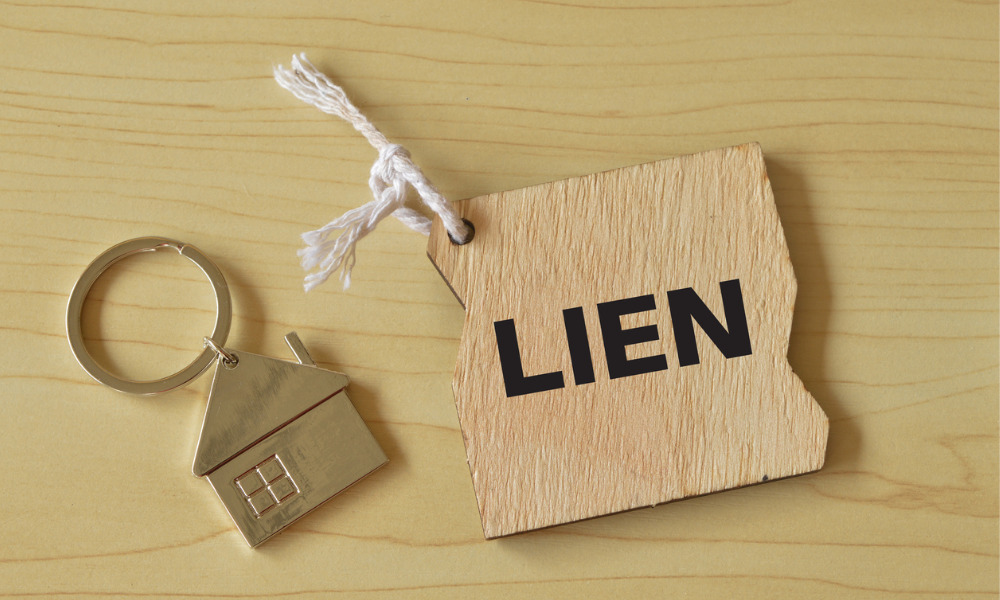Province might resort to new legislation if necessary

Ontario’s provincial government has announced it will seek public input on ways of reducing inappropriate use of so-called Notices of Security Interest (NOSIs), or liens, against consumers.
In a news release this week, minister of public and business service delivery Todd McCarthy said the government had “heard the cries, complaints, and nightmare stories” and was working on delivering enhanced protection for unsuspecting Ontarians.
“What is happening is real exploitation, and we've heard some terrible stories of misuse across the province,” McCarthy said.
Unknown liens on properties
There were 38,000 liens placed on properties in the province in 2022, according to authorities.
Kara Santokie, an Ontario homeowner, told CTV News that she did not know that the property she bought last February had a $17,000 lien as there was a buyout on the rental water heater and air conditioner that came with the house. She said that for the past eight months, she tried to have the lien removed but was unable to do so.
Dennis Crawford, a lawyer affiliated with OntarioHVACscam.com, had told CTV New Toronto that there were a lot of people who only find out that their home has a lien when they sell it, which is something he believed shouldn’t be permitted. He mentioned that this was also the case with a client of his in Kitchener who had a $13,000 lien on his home in order to secure a $200 water filter.
“My sense is the needle has moved on this issue, and the government is taking it very seriously now,” said Crawford.
The province of Ontario has set aside the next 45 days for a consultation process that will deal with the complaints regarding the use of liens on properties. Businesses and consumers will be able to participate in the consultation process until December 1.
“I most certainly will be there participating in this public consultation as this cannot be allowed to continue,” said Santokie.
According to this week’s press release, the consultation will explore the requirement to notify a homeowner when a NOSI is registered, the types of goods or fixtures for which a company can register a NOSI, and restrictions on the duration of a NOSI.
Ontario stated that it wanted to deal with the issue as quickly as it can and hoped to have an action plan by the first few months of 2024. It also said that the province was open to all options available in order to protect consumers, even a new legislation if necessary.
“Our government will not stand by and allow bad actors to take advantage of hardworking Ontarians for their own financial gain,” said McCarthy.



